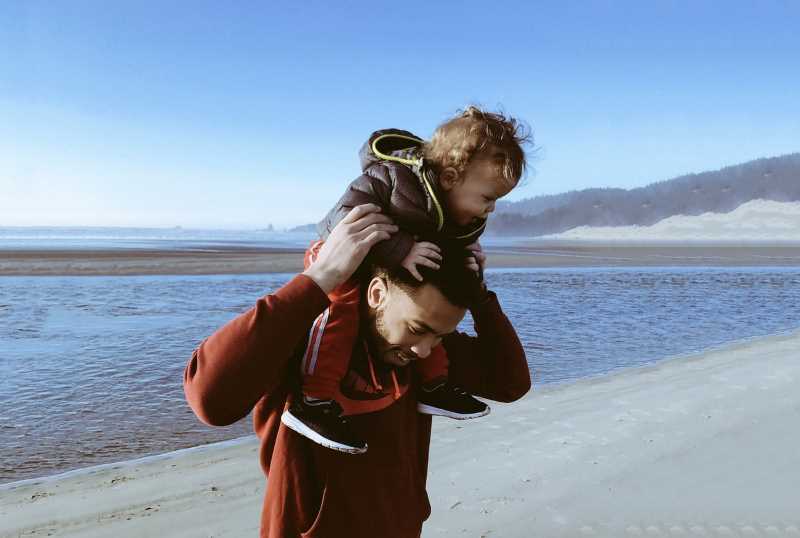How Mexican Fathers Are Redefining Parenthood
Redefining fatherhood in Mexico: Embracing new masculinities amid societal shifts. Men challenged to be more involved in childcare, breaking away from traditional roles for a more equitable society.

In Mexico, the role of fathers has undergone a significant transformation lately. According to data from the Population and Housing Census in 2020, there were 44.9 million men aged 15 and over in the country, with 47 percent of them identifying themselves as fathers. As we celebrate Father's Day on June 18th, it is an opportune moment to reflect on the evolving responsibilities and pleasures that fatherhood represents, as well as the need for greater involvement in the care and upbringing of children.
Leonardo Felipe Olivos Santoyo is a researcher at the UNAM Center for Interdisciplinary Research in Science and Humanities (CEIICH). He highlights that fatherhood has become a space of confrontation for many men, challenging traditional notions of authority and economic provision within the family. As women take on new roles and responsibilities in various spheres of society, men are grappling with their changing place in the world.




